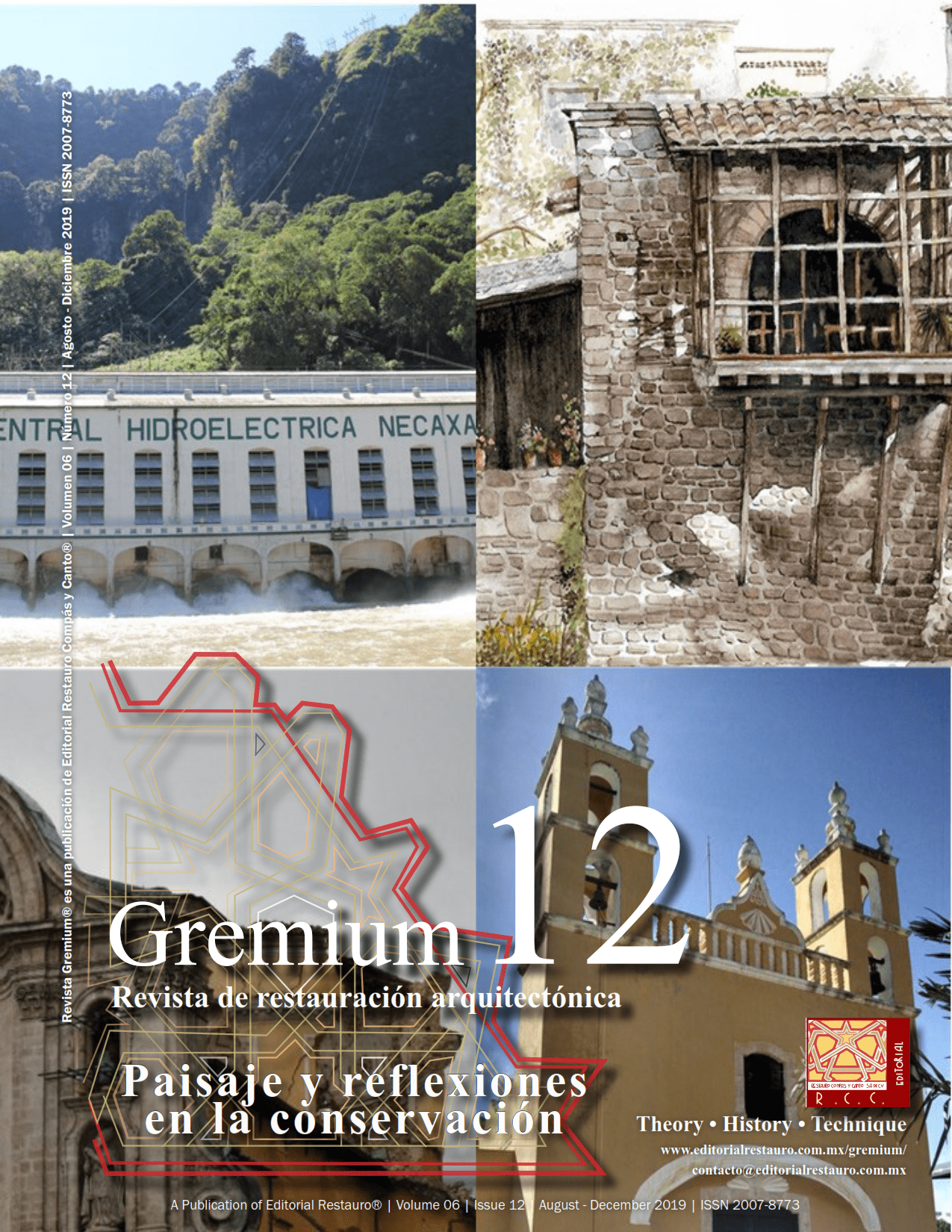Social-historical valuation and potentialities of the working villages or company towns in Argentina and Mexico
DOI:
https://doi.org/10.56039/rgn12a04Keywords:
industrial towns, factory communities, heritage recoveryAbstract
During the nineteenth century, the process of industrialization in Latin America produced transformations of various kinds. Along with the arrival to the continent of a modern technology, which came accompanied by an important economic-financial base of international capitals, social and territorial changes were also added in the places where these new productive centers were established. In those more isolated places, far from the cities, but which had good conditions for the development of some extractive or industrial activity, a particular type of urbanization emerged, created by the same company, which became a prominent landmark in the landscape, and polo of attracting future workers. Depending on the activity and its location, each company will face a different housing policy since it is fundamental to root the men who arrived at those sites. An urban gradation of varying magnitude, from rudimentary rooms within the perimeter of the factory, towns or working-class neighborhoods to company-towns, will be implemented characterizing a stage of the economic and social history of Latin America.
Downloads
Downloads
Published
Issue
Section
License

This work is licensed under a Creative Commons Attribution-NonCommercial-ShareAlike 4.0 International License.























